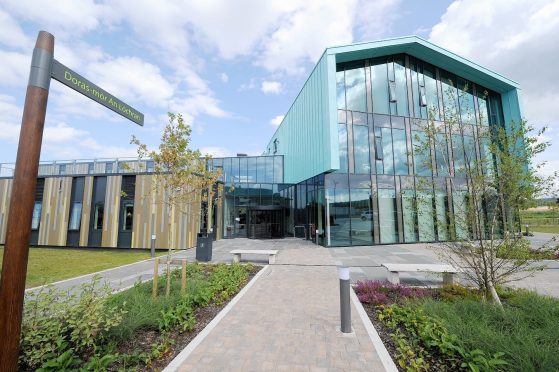A key architect of the original plans for Highlands and Islands Enterprise emphasised the need to retain a “distinctive body” for the region, according to official papers released today.
Setting out the proposals in December 1988, then Scottish Secretary Malcolm Rifkind highlighted the different economic and geographical characteristics of the north and west.
The Tory minister also praised the contribution of HIE’s predecessor, the Highlands and Islands Development Board, to regeneration.
“We take the view that future arrangements must build on success to date,” he added.
“This points to the retention of a distinctive body for the Highlands and Islands.”
His comments on the white paper for Scottish Enterprise, set up at the same time, have re-emerged as the Press and Journal campaigns to keep HIE local.
The Scottish Government sparked anger last month after confirming its intent to scrap the HIE board and replace it with a national body.
Opponents claim the move would undermine 50 years of progress in the Highlands, but the SNP administration insists there is no threat to HIE.
Economy Secretary Keith Brown has repeatedly rejected the allegations of centralisation and dismissed concerns as “nonsense”, arguing HIE will continue to be “locally based, managed and directed”. He has also given assurances that HIE will remain as an agency.
HIE’s establishment features prominently in a series of documents made public by the National Archives.
The pages also expose a difference of opinion between Sir Malcolm – knighted in 1997 – and Andrew Dunlop – now a Conservative peer and Scotland Office minister – over Scottish Enterprise.
As the plans progressed, Lord Dunlop, then an adviser in the Number 10 policy unit, raised concerns at the potential “dilution” of the initial idea to hand greater responsibility to local agencies.
In a previously secret memo to Prime Minister Margaret Thatcher from July 1989, he wrote: “Malcolm Rifkind’s paper makes all the right noises, but I am sceptical that the detail is quite right.
“His proposals still leave the centre with too big a role. This is unlikely to bring about the radical change that is required.”
He later added: “The Scottish Enterprise initiative is all about breaking up the old corporatist attitudes in Scotland.
“It will only succeed (and enthuse and engage people of quality) if the proposals are constructed and sold as a radical change which hands real power to the people.
“It is crucial therefore that the new system has a ‘lean’ centre with the bulk of resources and executive responsibility concentrated at the points of delivery.”
Mrs Thatcher repeatedly agreed with him about the importance of “maximum decentralisation”.
And after a number of letters back and forth, and more detail provided by the Scottish Office, the situation was resolved.
In his current role, Lord Dunlop was recently instrumental in driving forward the Aberdeen and Inverness City Deals.
